The Purpose of College
Like probably most bloggers, would-be-writers, and educators of many varieties, I have a book addiction. This habit most recently accosted me on a day trip to the campus of UC Berkeley when my mom took a break from the Midwestern winter for a five-day West Coast trip. My mom, wife, and a close friend – who all share my addiction – and I were sucked into the enticing entryway of University Press Books, seemingly for a quick glance on our way back to the car. Ninety minutes and more money than I’d like to admit later, I finally emerged from the store, accompanied by books ranging from Mo Yan’s Pow! and M.T. Anderson’s Feed to Andrew Guzman’s Overheated and john a. powell’s Racing to Justice. Back home, Andrew Delbanco’s 2012 work exploring the purpose of a college education sat in the middle of my stack.
This morning, the start of a rare 75-degree, sunny day in Daly City beckoned me, and passing College: What It Was, Is, and Should Be on my way outside, I began exploring Delbanco’s thoughts. A professor at Columbia, the author sets out to do exactly what his title states: explore the purpose of college. There are endless topics for discussion here, and I’ll undoubtedly write on more of them in the future, but for now I wanted to share some thoughts on the three categories through which people typically view the value of college, shared in Delbanco’s first chapter.
The first of these purposes of college is the most obvious one: economic. There are direct correlations on all levels between ultimate career earnings and level of education. Delbanco cites studies that highlight this point; one estimates that an individual with a B.A. makes roughly 160% of what an individual with less education will make over the course of her or his career, while a second estimates the value of a B.A. as over one million dollars when correlated to the difference in lifetime earnings. Beyond individual fiscal benefits, Delbanco also highlights possibilities for strengthening the national economy by educating more of its citizens to a higher level. There are many avenues to explore this category, but today I want to highlight a different purpose of college.
For those who like citing founding fathers, here’s a quote from John Adams: “the whole people must take upon themselves the education of the whole people, and must be willing to bear the expense of it” (Delbanco 28). What is the second purpose of college? Making democracy possible. Alongside the economic benefits of college are political benefits. When the people have the power to govern, the more informed they are, the better they will govern. Again, there is a lot to explore here, but that’s for another time.
The third purpose Delbanco highlights is the one I want to emphasize, if only because it’s the least often considered. College can and should have the purpose of opening avenues of thought and exploration that make life immeasurably richer.
In my daily work, I guide students through the often convoluted process of applying to colleges, which is all the more excruciating when so many schools accept almost no one. What is sadly forgotten for most of my students and families is their purpose. This is my favorite question for students: Why do you want to go to college?
I’ve worked with innumerable extraordinarily gifted, precocious, mature-beyond-their-years students, and none of them are ready for this question. Mostly that’s simply due to the fact that they, like myself when I was a high-schooler, always took college for granted. It’s just something you have to do. Students often have ideas (very abstract ideas) about how college connects to a career, or they have sources who can share with them how college can be extremely fun, but they’ve never really examined themselves – why do you want to go to college? And that question implies the following: What do you hope to gain from college?
Beyond gainful employment and an improved democracy and economy (which, admittedly, almost no one thinks about in response to these questions), the general education a student receives in many colleges simply makes life better. I spent the better part of three years at Northwestern pursuing a degree in biomedical engineering, and therefore earned in-depth exposure to contemporary scientific techniques as well as the ability to better understand discussions and debates regarding science and technology. Just as crucial though (and in my case, with my particular interests, much more crucial), were the non-engineering courses I took. A Civil Rights sociology course I took challenged the way I thought about race in America. The Divine Comedy and Intro to Russian Literature showed me how emotion, culture, and politics can be evoked through fiction. Intro to Native American Religions, African American Religions and Spiritualities, and Women, Ecology, and the Sacred opened my eyes to ways of seeing the world that both challenged my preconceptions and showed me pathways for living, opening up options I wouldn’t have deemed possible before (thanks Prof. Taylor!). Courses in music theory and jazz introduced me to Fanny Mendelssohn Hensel and taught me to understand why I love hip-hop, and my life is richer for both of these.
And of course, there are the social connections. College is the only time in life where a collection of semi-independent people of similar age but often markedly diverse social, cultural, and economic backgrounds come together and discursively learn what life is about, or in the words of Delbanco’s colleague Mark Lilla, “just what it is that’s worth wanting” (Delbanco 14). Most of my closest friends are my undergraduate colleagues, and given that I’ll be heading to Evanston this fall for my ten-year reunion, it’s clear that these friendships are for life.
But this depth comes from more than simply being in the same place at the same time. It’s the depth that only emerges through challenge, through mutual self-examination and willingness to explore new topics while continuously questioning everything learned previously. Yes, preparation for gainful employment is absolutely a crucial purpose of college, and I’d agree with Delbanco that a more broadly and highly educated citizenry is immensely beneficial for both political and economic reasons. The simple enrichment of life, though, that comes from such an education provides lifelong benefits that are arguably most important.
University Press Books in Berkeley was an incredible draw for me because it offers endless avenues for making my life richer. From reading award-winning Chinese novels and technology-oriented YA fiction to exploring the most current critical race analyses and examinations of environmental concerns, I quite literally enjoy life greatly because of what I gained in college. It’s simple math really. I’ll always love the sports (and frequently post on them), outdoor hobbies, fantasy novels, and music that I loved when I was in high school, but there are so many more things that I love in life because of the people I met and experiences I had that are rarely possible outside the college environment.
*There are serious considerations alongside this pertaining to the affordability of college and the degree to which privilege is a prerequisite for looking at college as something that enriches life. I plan to discuss these and other issues in future blog posts, but wanted to keep a tight focus here.
Delbanco, Andrew. College: What It Was, Is, and Should Be. Princeton, NJ: Princeton UP, 2012. Print.
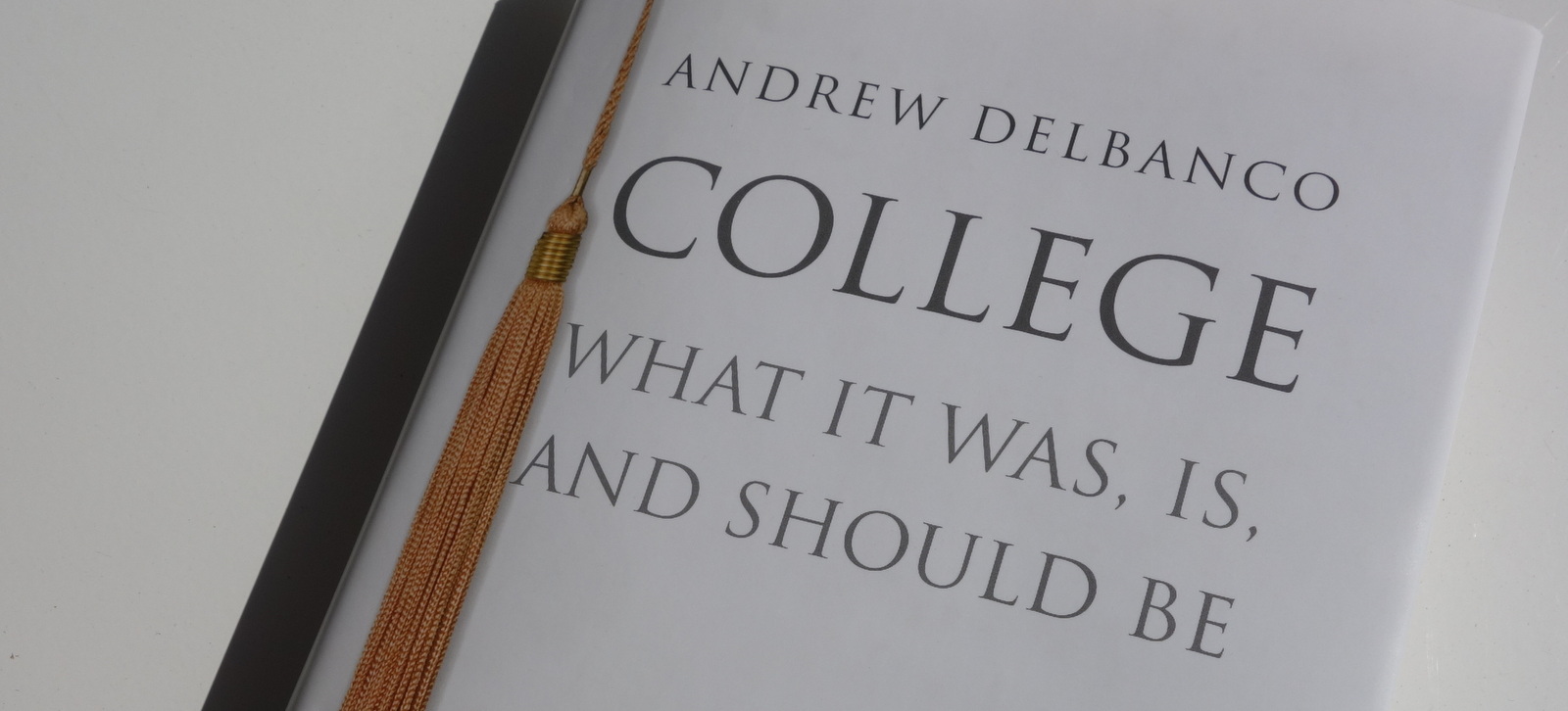
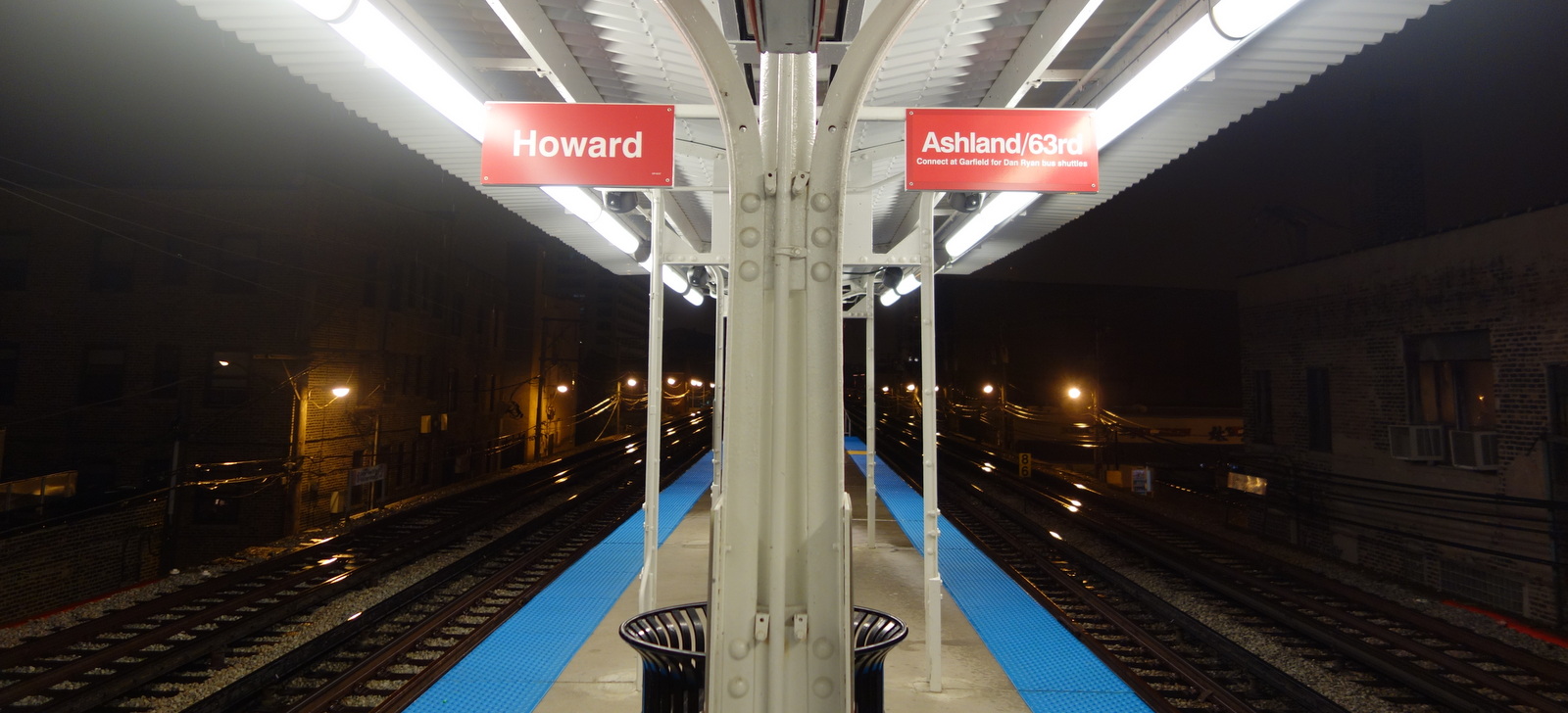
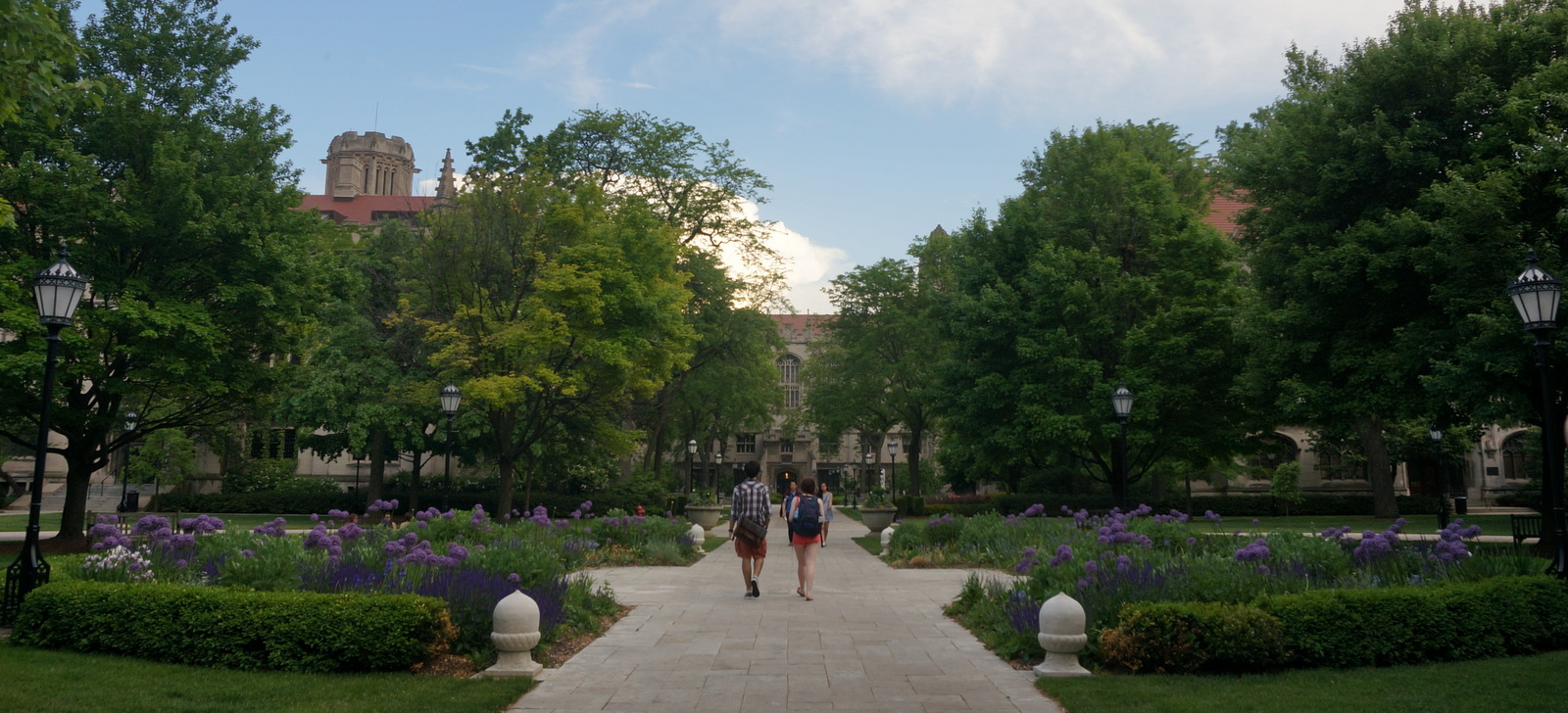
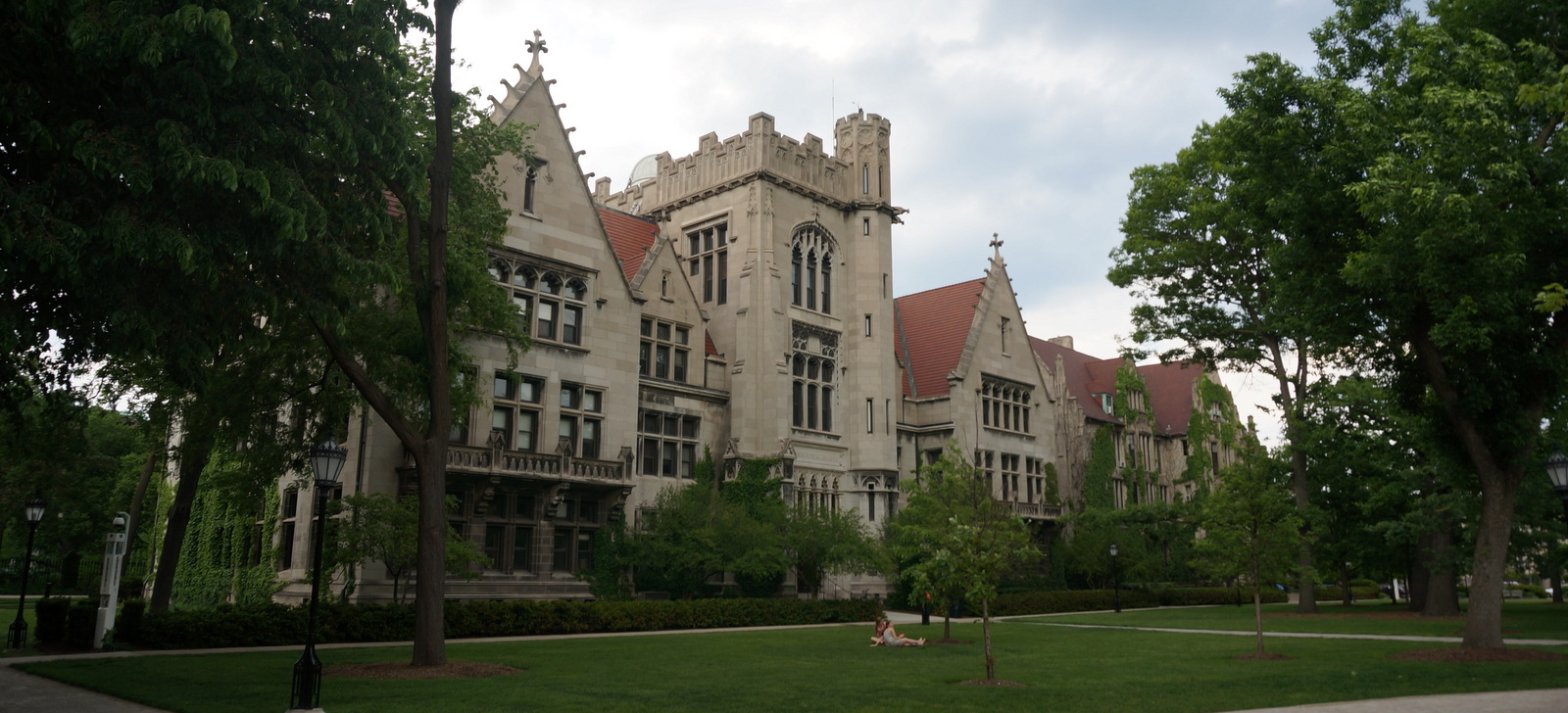
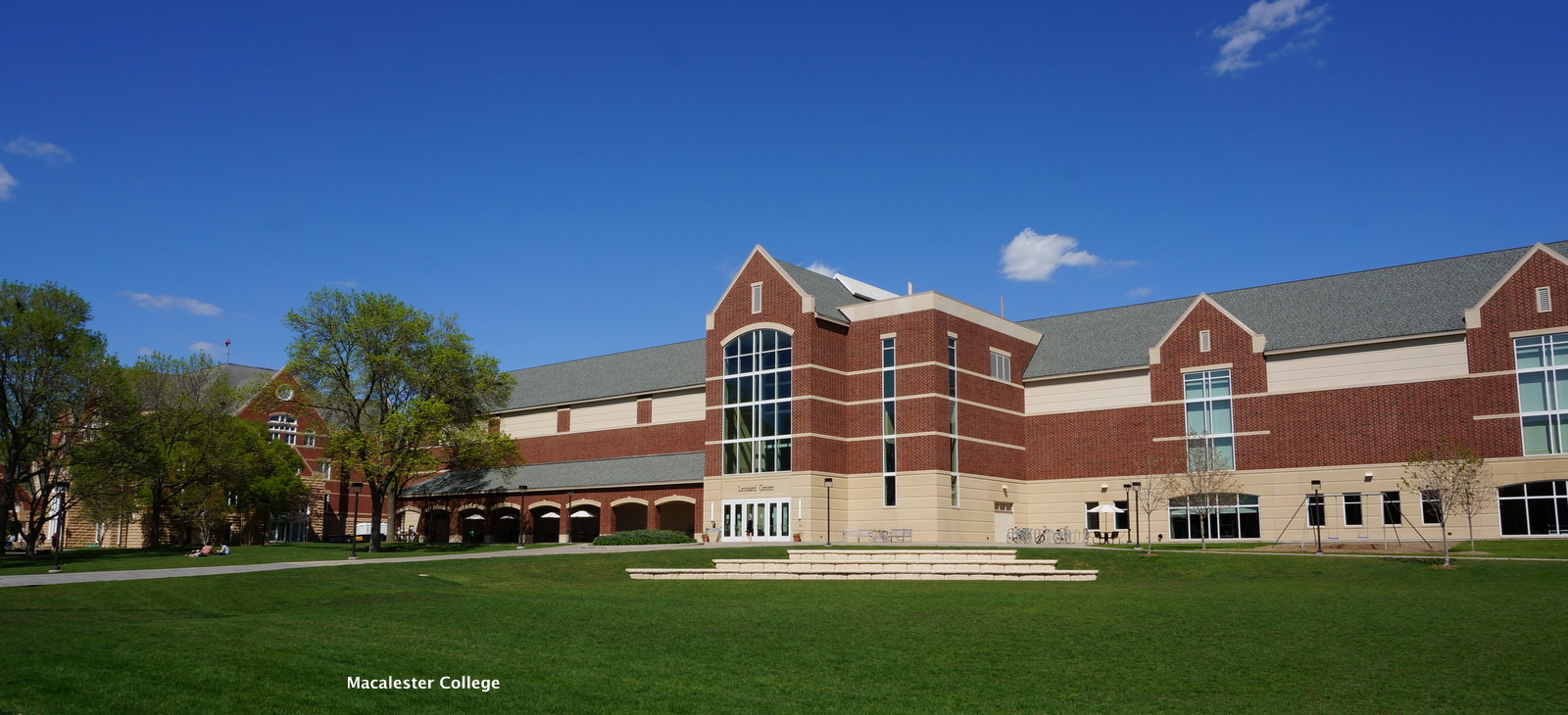

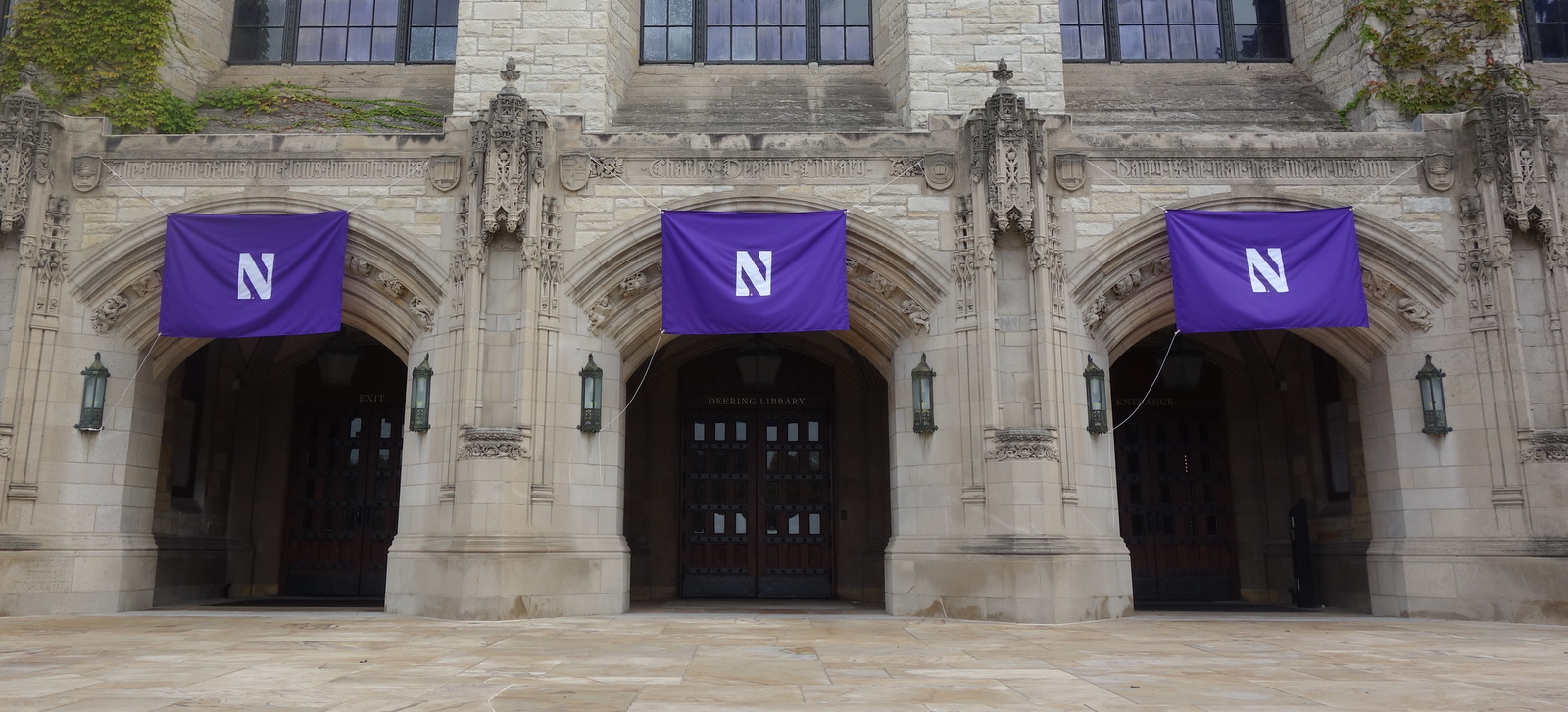
One comment